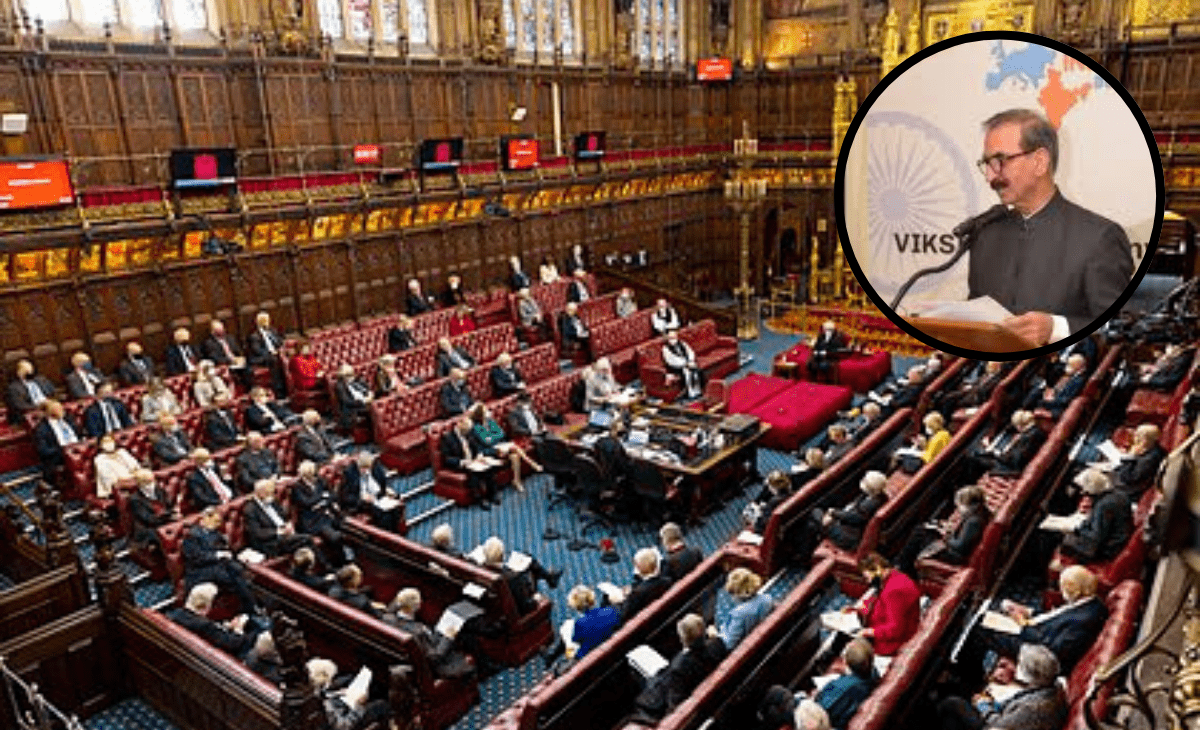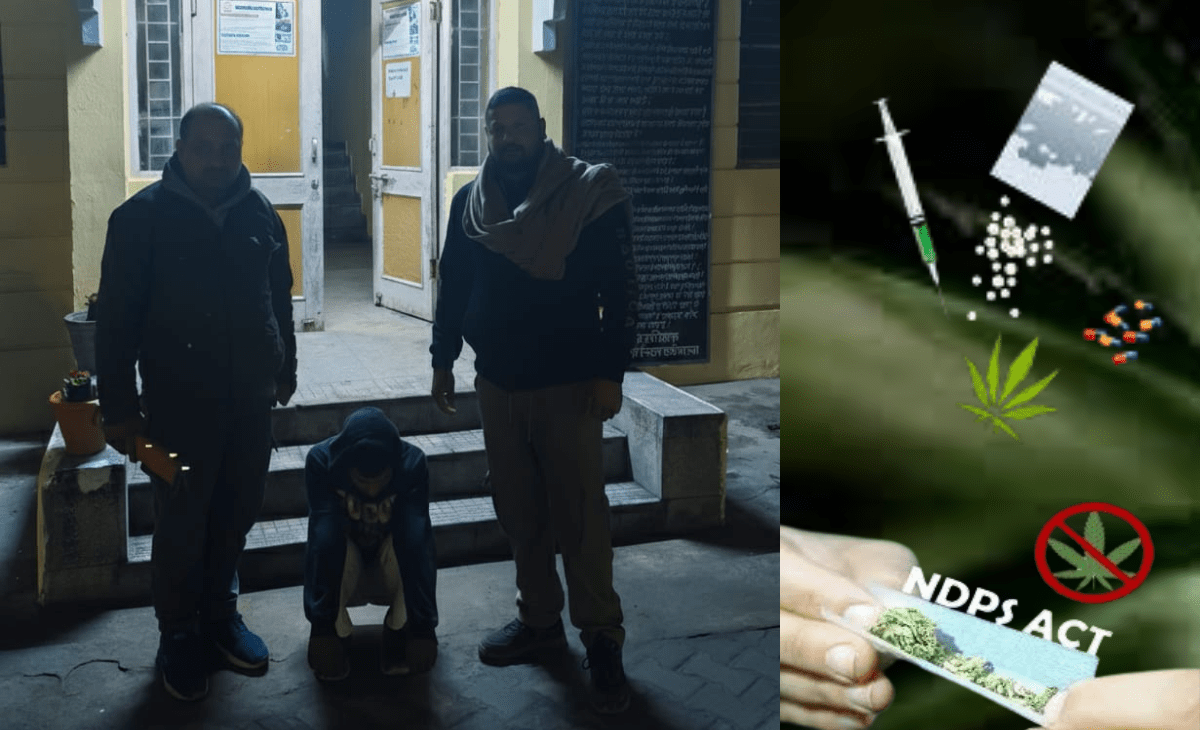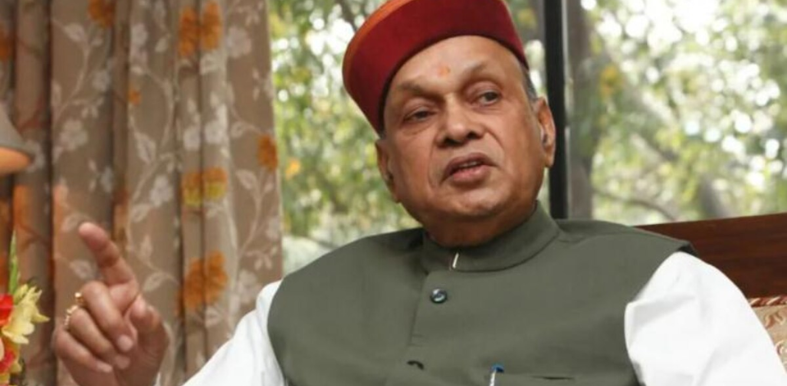Munish Sood
MANDI: When Himachal Pradesh Chief Minister Sukhvinder Singh Sukhu’s office announced that he had become the first Indian Chief Minister to address the House of Lords in London, the statement turned heads across political circles.
Amid the spotlight, it is important to understand what the House of Lords is and what it really means to “address” this centuries-old institution.
House of Lords: Britain’s Upper House of Parliament
The House of Lords, often called the Upper House or Second Chamber, is one of two key components of the UK Parliament, the other being the directly elected House of Commons. While the Commons forms governments and drives day-to-day politics, the Lords acts as a revising and scrutinising chamber, adding depth, expertise, and accountability to Britain’s legislative process.
Every sitting day begins with Oral Questions, where ministers must answer probing queries from peers about government policies and decisions. After this, the Lords moves to its central task: examining draft legislation. Bills may originate in either the Commons or the Lords, but it is often in the Lords that detailed scrutiny takes place.
Members — many of whom are experts in law, business, medicine, or public service — go line by line, suggesting amendments and improvements that might otherwise be missed in the Commons’ high-paced political atmosphere.
The House also stages thematic debates on major issues — from climate change to foreign policy — providing a national forum that signals its considered views to the government and the public. Unlike the Commons, the Lords has no strict allocation of “government time.” Business is arranged through consensus among party whips and the crossbench convenor, reflecting the chamber’s less adversarial nature.
Sessions typically conclude by 10 pm on weekdays, but debates can stretch late into the night if issues demand further discussion.
Stage reserved for prominent figures
Formally addressing both Houses of Parliament — in the Lords Chamber itself — is a rare honour, reserved for the monarch and a handful of global leaders. Nelson Mandela, Mikhail Gorbachev, Shimon Peres and Volodymyr Zelenskyy are among the very few who have spoken to Members of both Houses in historic joint sessions.
For others, events may be hosted within the parliamentary estate — in committee rooms or conference halls associated with the Lords — but these are not the same as addressing the chamber itself. That distinction is crucial in understanding the current controversy.
Himachal CM’s visit to London
During his London trip, Chief Minister Sukhu participated in a summit organised by the Indo-European Business Forum, hosted within the premises of the House of Lords. There, he pitched Himachal Pradesh as an attractive investment destination in renewable energy, tourism, horticulture, IT and wellness.
His office subsequently issued a release claiming he had “addressed the House of Lords”, and hailed him as the first Indian state chief minister to do so.
The House of Lords is not simply another conference venue, but a cornerstone of Britain’s constitutional system. Its chamber has witnessed monarchs outlining government programs, prime ministers defending wars, and global statesmen delivering historic appeals.
Addressing the Lords is to place oneself in that lineage — a claim that, if inaccurate, risks both misleading the public and diluting the symbolic weight of the institution.





